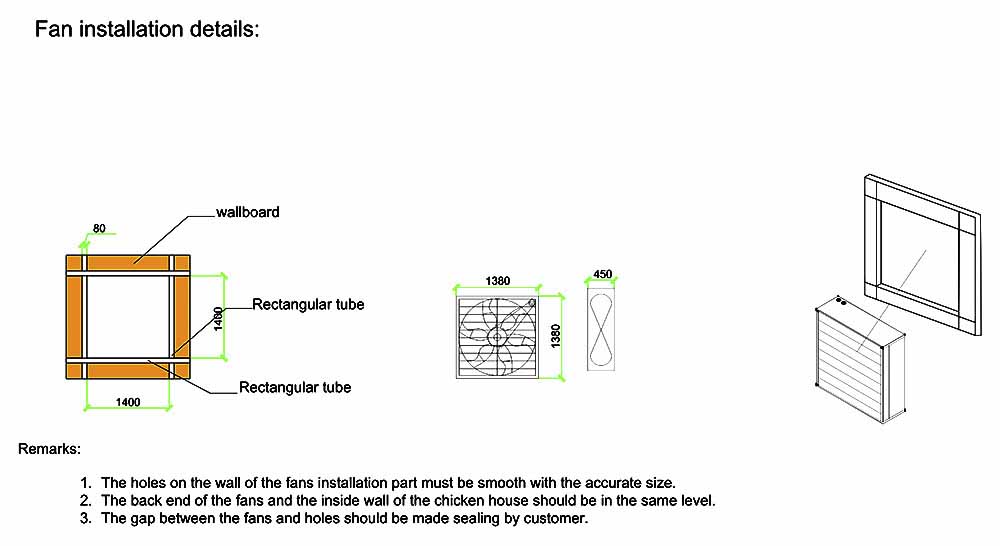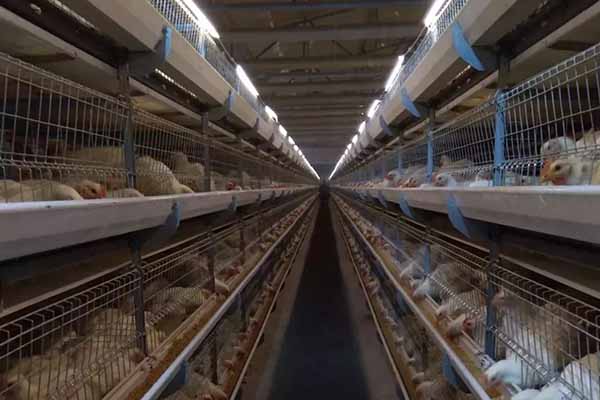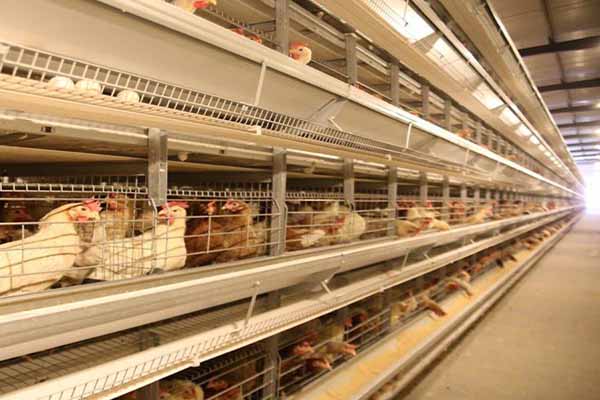Poultry Farming in Kisumu: A Comprehensive Guide
Time : 2025-05-12
Kisumu, the third-largest city in Kenya, is not just known for its vibrant culture and beautiful landscapes but also for its bustling poultry farming industry. If you’re considering venturing into this field or simply want to know more about the local poultry farming scene, you’ve come to the right place. In this article, we’ll delve into the world of poultry farming in Kisumu, covering everything from the basics to the latest trends. Let’s get started!

Understanding the Basics of Poultry Farming in Kisumu
Before diving into the specifics, it’s important to have a solid understanding of what poultry farming entails. Poultry farming involves the raising of domestic fowls such as chickens, ducks, turkeys, and geese for the purpose of obtaining their eggs, meat, or other products. In Kisumu, chicken farming is the most common type of poultry farming due to its profitability and ease of management.
The Importance of Local Poultry Farming
Poultry farming plays a significant role in the local economy of Kisumu. It provides employment opportunities, contributes to food security, and helps in reducing the dependency on imported meat products. Moreover, the industry has a ripple effect on other sectors such as feed production, veterinary services, and transportation.
Setting Up Your Poultry Farm in Kisumu
So, you’re ready to start your poultry farming journey in Kisumu. Here are some essential steps to help you get started:
1. Research and Planning
Before investing your time and money, it’s crucial to conduct thorough research. Understand the market demand, the types of poultry that are popular in Kisumu, and the potential challenges you might face. Create a detailed business plan that outlines your goals, budget, and strategies.
2. Choosing the Right Location
The location of your poultry farm is vital for its success. Look for a spot that is accessible to your target market, close to suppliers for feed and other materials, and has a good infrastructure for transportation. Ensure that the area has clean water sources and is free from pests and diseases.
3. Building Your Poultry House
The construction of your poultry house should be designed to provide optimal conditions for your birds. Consider factors such as temperature control, ventilation, and easy access for feeding and egg collection. It’s also important to ensure that the building is secure to prevent predators from attacking your birds.
Managing Your Poultry Farm
Managing a poultry farm requires attention to detail and a thorough understanding of the birds’ needs. Here are some key points to keep in mind:
Feeding and Nutrition
A balanced diet is essential for healthy birds. Choose a high-quality feed that meets the nutritional requirements of your specific type of poultry. Regularly monitor their diet and adjust as necessary to ensure they remain healthy and productive.
Healthcare and Vaccination
Poultry diseases can be devastating to your farm’s profitability. Implement a robust healthcare program th at includes regular veterinary check-ups, vaccinations, and appropriate treatment for any health issues that arise.
at includes regular veterinary check-ups, vaccinations, and appropriate treatment for any health issues that arise.
Hygiene and Biosecurity
Good hygiene practices and biosecurity measures are crucial to prevent the spread of diseases. Ensure that your farm is clean, and your birds are free from parasites. Implement strict protocols to prevent the introduction of pathogens to your flock.
The Future of Poultry Farming in Kisumu
The poultry industry in Kisumu is continually evolving, and new trends are emerging that could shape its future. Here are some key trends to keep an eye on:
1. Improved Bi osecurity Measures
osecurity Measures
With the increasing threat of avian influenza and other diseases, there’s a growing emphasis on enhancing biosecurity measures. This includes investing in better facilities, training staff, and adhering to stricter regulations.
2. Organic and Free-Range Farming
<p_consumers are increasingly seeking out organic and free-range poultry products due to their perceived health and environmental benefits. As such, there's a growing market for these types of products in Kisumu and beyond.
3. Technological Innovation
The use of technology, such as automated feeding systems and remote monitoring, is becoming more common in the poultry industry. These innovations can help farmers increase productivity and reduce costs.
By staying informed and adapting to these trends, you can position your poultry farm for success in the competitive market of Kisumu.
Conclusion
Poultry farming in Kisumu offers numerous opportunities for entrepreneurs and investors. By understanding the basics, planning carefully, and managing your farm effectively, you can tap into this growing industry and contribute to the local economy. Whether you’re a beginner or an experienced farmer, the world of poultry farming in Kisumu is an exciting and rewarding one.











